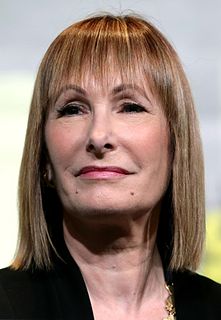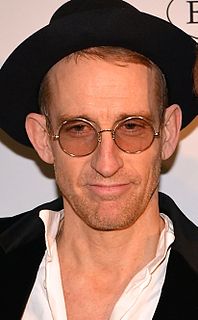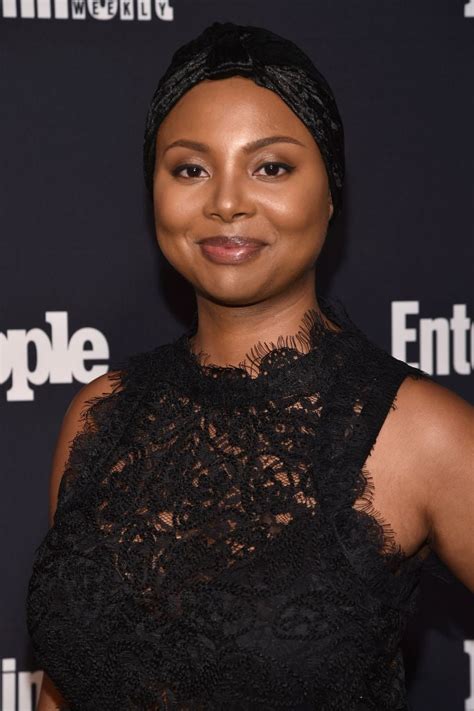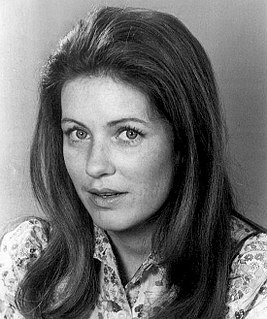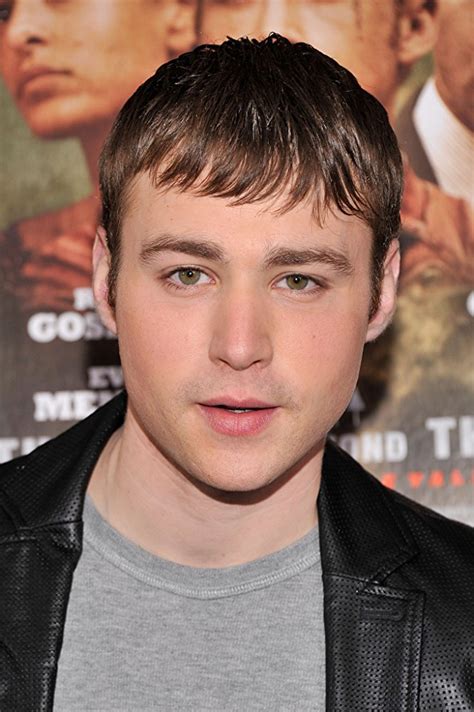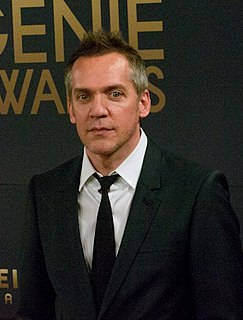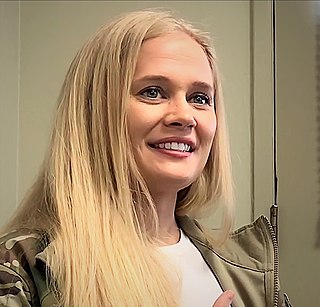A Quote by Dylan Clark
I think the only thing that we know how to do is look at our characters and ask what is the character doing right now and what do we need to do, and tell it from that place. If we really make it character driven and theme driven, I think we're going to offer up something new for the audience.
Related Quotes
The great thing about television is that you get to tell, like with "The Walking Dead", 16 hours worth of character-driven storytelling in less time than it takes to make a feature film. So, it really is a medium at least for storytellers who are passionate about not only the genre but also the character-driven genre stories. It's probably a better medium.
Consider: for all the gobbledegook [film studio] executives spout about backstory, all that we, the audience, want to know is what happens next. That's the only thing that's going on. . . . Character is nothing other than action, and character-driven means The plot stinks, and you'd better hope the star is popular enough to open the movie in spite of it.
I want studios to be financing director-driven, auteurist cinema, as they did in the '70s. I think it's starting to happen now. Plus, because of how our world has changed politically, I think audiences are demanding more realism. We need to have more stuff in our culture about what is really going on right now.
I think there's a fundamental distinction between character-driven movies that are just really lovely slice-of-life movies and character-driven movies that you remember 20 or 30 years later; the common denominator with the ones you remember is that they all have some really complicated emotional problem at their core.
The instant that movies became described as character driven was the instant when characters stopped mattering in movies. In other words, the birth of the notion of the character-driven movie coincided with the birth of movies in which characters were incidental to the very activities in which they engaged.
I think that's a great opportunity, to pick a script where you can build up a good skill. I think the main thing I look for when I look at scripts is if it's inspirational. If it's something that teenagers can relate to. And is it something that the audience is going to get something out of. If not, then it's really not worth doing.
When you are writing, you have to love all your characters. If you're writing something from a minor character's point of view, you really need to stop and say the purpose of this character isn't to be somebody's sidekick or to come in and put the horse in the stable. The purpose of this character is you're getting a little window into that character's life and that character's day. You have to write them as if they're not a minor character, because they do have their own things going on.

